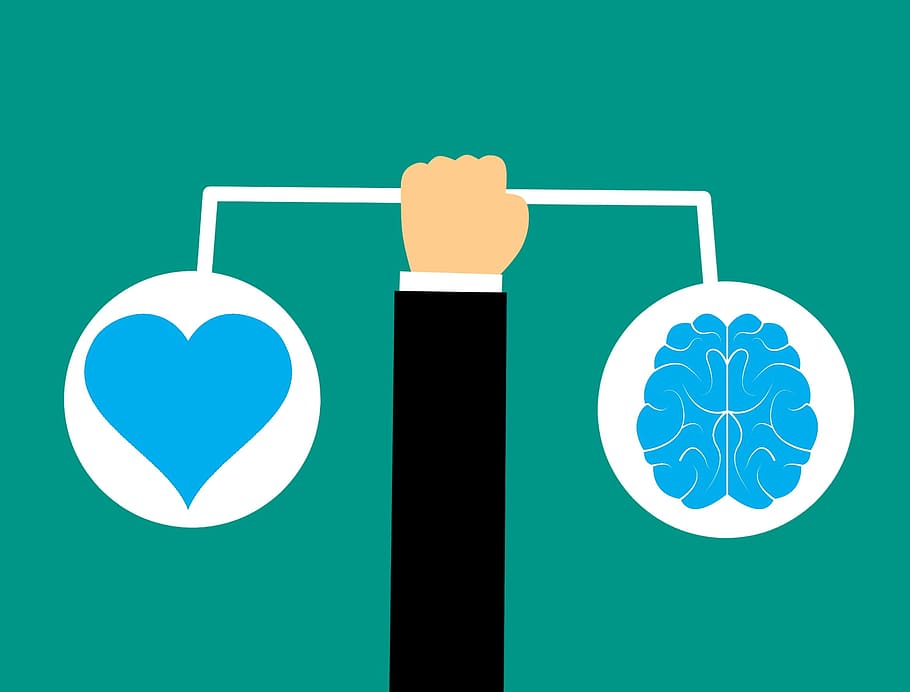
FAQ About Basics of Emotional Intelligence
Basics of Emotional Intelligence
2 years ago | gizem
How does emotional intelligence impact teamwork?
Emotional intelligence (EI) has a significant impact on teamwork by fostering positive interactions, effective communication, collaboration, and overall team performance. Here are some ways in which EI influences teamwork:
- Collaboration and Cooperation: Individuals with high EI are more likely to collaborate and cooperate effectively with their team members. They understand the importance of working together towards a common goal, value the contributions of others, and actively seek opportunities to support and assist their teammates. Their empathy and social skills help create a cooperative and harmonious team environment.
- Conflict Resolution: EI plays a crucial role in resolving conflicts within a team. High EI team members can manage their own emotions and navigate conflicts constructively. They approach conflicts with empathy, actively listen to others' perspectives, and seek mutually beneficial solutions. Their ability to understand and regulate their emotions helps diffuse tensions and promotes effective problem-solving and team cohesion.
- Trust and Psychological Safety: EI contributes to the development of trust and psychological safety within a team. High EI team members establish open and honest communication, demonstrate integrity, and create a supportive environment where individuals feel safe to express their ideas, concerns, and emotions. Trust enhances collaboration, encourages risk-taking, and fosters a positive team culture.
- Effective Communication: EI enhances communication skills, which are crucial for effective teamwork. High EI individuals are skilled listeners, pay attention to verbal and non-verbal cues, and understand the emotions underlying communication. They communicate their ideas clearly and respectfully, seeking clarification when needed. Effective communication minimizes misunderstandings, promotes understanding, and strengthens team dynamics.
- Empathy and Perspective-Taking: EI fosters empathy and perspective-taking, enabling team members to understand and appreciate diverse viewpoints. High EI individuals can put themselves in others' shoes, understand their emotions and motivations, and consider their perspectives when making decisions or solving problems. Empathy improves collaboration, facilitates compromise, and builds strong relationships within the team.
- Emotional Support: High EI team members provide emotional support to their teammates. They are attuned to others' emotions, offer encouragement, and provide a safe space for individuals to share their concerns or challenges. Emotional support helps team members feel valued, acknowledged, and motivated, ultimately boosting their engagement and commitment to the team's goals.
- Adaptability and Resilience: EI enhances adaptability and resilience within a team. High EI team members can effectively navigate change, handle setbacks, and bounce back from challenges. They maintain a positive attitude, manage their emotions during stressful situations, and motivate themselves and others to persevere. Their resilience contributes to team stability and the ability to overcome obstacles.
- Positive Team Culture: Teams with high EI members tend to foster a positive team culture. EI individuals exhibit a high degree of self-awareness, self-regulation, and social awareness, modeling behaviors that promote mutual respect, collaboration, and well-being. A positive team culture enhances satisfaction, engagement, and overall performance.
In summary, emotional intelligence positively impacts teamwork by promoting collaboration, conflict resolution, trust, effective communication, empathy, emotional support, adaptability, resilience, and a positive team culture. Teams with high EI members are more likely to be cohesive, productive, and successful in achieving their collective goals.
